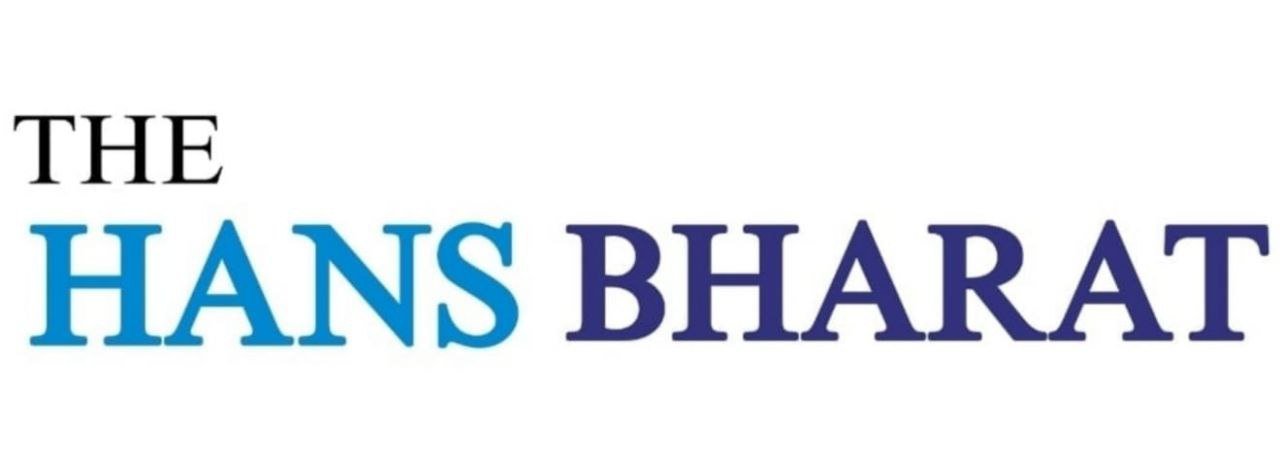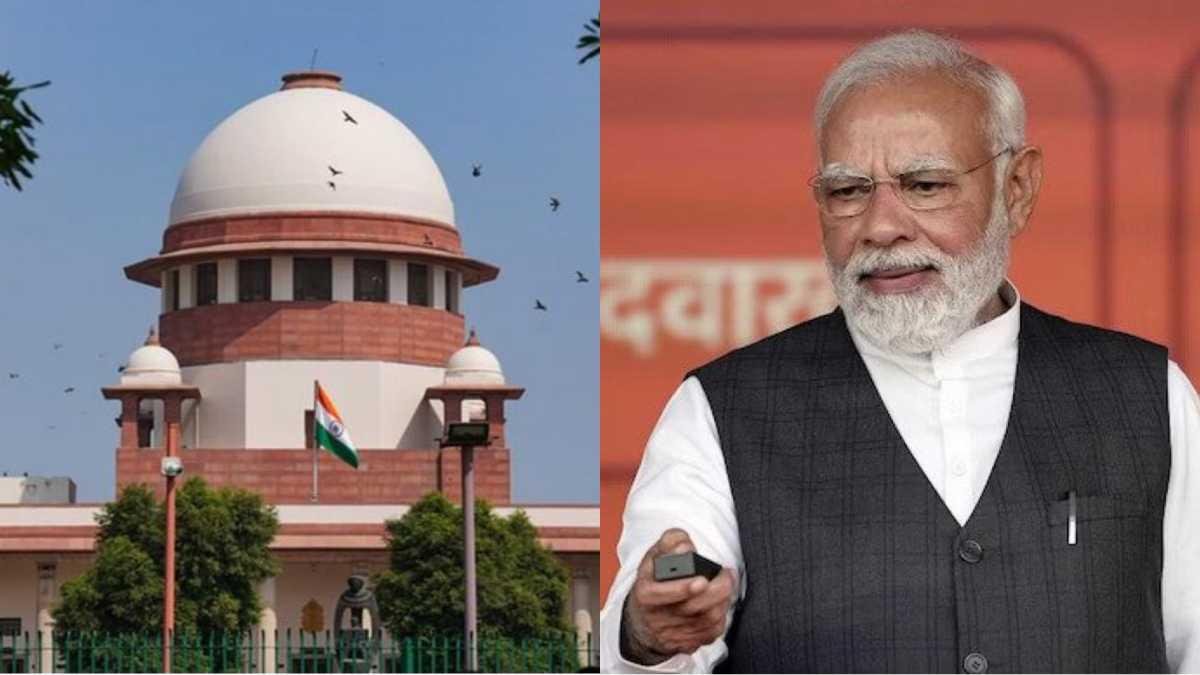Supreme Court to Review Challenge Against IT Blocking Rules
Challenge to IT Rules on Digital Content Blocking and Constitutional Rights. New Delhi: The Supreme Court on Monday took a significant step by agreeing to examine a plea challenging the IT Rules on digital content blocking and constitutional rights. This petition questions the constitutionality of specific provisions in the Blocking Rules, which allow authorities to optionally issue a blocking request notice to the originator of digital content.
Details of the Challenge
A Bench of Justices BR Gavai and AG Masih has requested a response from the Centre regarding the petition that seeks to quash Rules 16, 8, and 9 of the Blocking Rules, 2009. The petition argues that these rules infringe upon Articles 14, 19, and 21 of the Constitution. The primary concern is that making the issuance of a blocking request notice optional grants unchecked discretion to authorities. This violates the originator’s right to be heard before any content is blocked.
Challenge to IT Rules on Digital Content Blocking & Rights. The petition highlights that Rule 8 does not mandate the Designated Officer to inform the content originator to present their defense. As a result, the originator is effectively denied their fundamental right to be heard before any blocking action occurs. This situation poses a serious challenge to the core principles of justice and fairness.
Implications for Freedom of Speech
Moreover, the plea asserts that the blocking action undermines the right to freedom of speech and expression, violating the constitutional rights to a fair hearing. Specifically, the petition references Article 21 and Article 19(1)(A) of the Constitution of India, which guarantees these rights. The argument emphasizes that to maintain the constitutionality of Rules 8 and 9, the term “or” must be interpreted as “and.” This interpretation is essential when a fundamental right, like free speech, is at stake.
The petition also raises concerns about the arbitrary implementation of Rule 9, which permits the blocking of user content without prior notification. This practice denies the content originator any avenue for relief, as they receive no notice, reasoned order, or opportunity to be heard.
The Call for Procedural Fairness
The absence of notice and the opportunity to be heard in emergency cases strip away procedural fairness, thus violating individual constitutional rights under Articles 14, 19, and 21. Additionally, the petition argues that Rule 16 perpetuates a violation of natural justice principles by failing to provide reasoned orders or notice to affected individuals whose information is blocked under Section 69A of the Information Technology Act, 2000.
In conclusion, the plea contends that Rules 8 and 9 of the Blocking Rules, 2009, should be declared unconstitutional. It calls for a mandatory notification to be sent to the originator whenever a blocking request is issued, thereby ensuring that both the intermediary and the originator are informed. This change is crucial for protecting the constitutional rights of individuals involved in digital content creation.
For more insights on related legal matters, visit The Hans Bharat.

